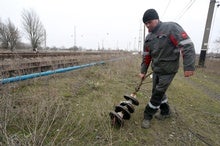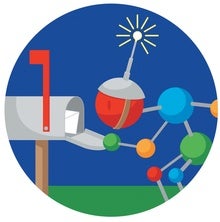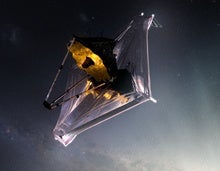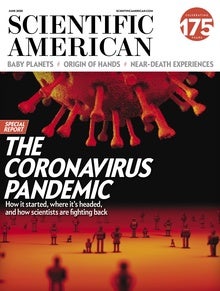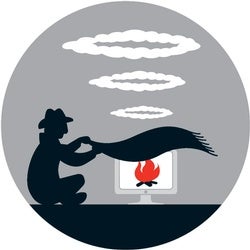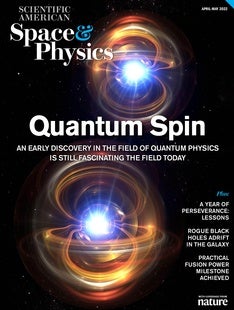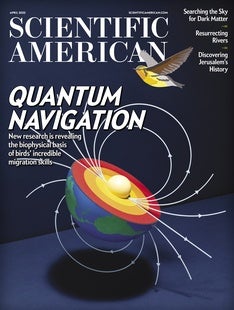 |
| April 05, 2022 |
Dear Reader,
Computing generates heat—open too many applications or windows, and you'll start to feel heat emanating from the machine and possibly hear cooling fans whir into high gear. But a new method called "momentum computing" promises to produce only a fraction of the warmth that traditional techniques do. |
| | Sophie Bushwick, Associate Editor, Technology
| |
 |
| |
| |
| |
| Sponsor Content Provided by Georgia Tech We're Changing Lives Georgia Tech research is providing innovative assistive technology for individuals living with disabilities. Today, people with paralysis from spinal cord injuries are controlling their smartphones, computers, and other devices and driving their power wheelchairs using a new controller. | | | | |
| |
| |
| |
| |
| |
| |
FROM THE STORE
 | | | |
| QUOTE OF THE DAY
 "Researchers in the United Kingdom have developed an autonomous, snakelike robot designed to slither down human lungs into places that are difficult for medical professionals to reach. ... 'It's creepy,' Pietro Valdastri, the project's lead researcher and chair of robotics and autonomous systems at the University of Leeds, said in an interview." Pranshu Verma, The Washington Post | |
| |
FROM THE ARCHIVE
 | | | |
LATEST ISSUES
 |
| |
| Questions? Comments?  | |
| Download the Scientific American App |
| |
| |







